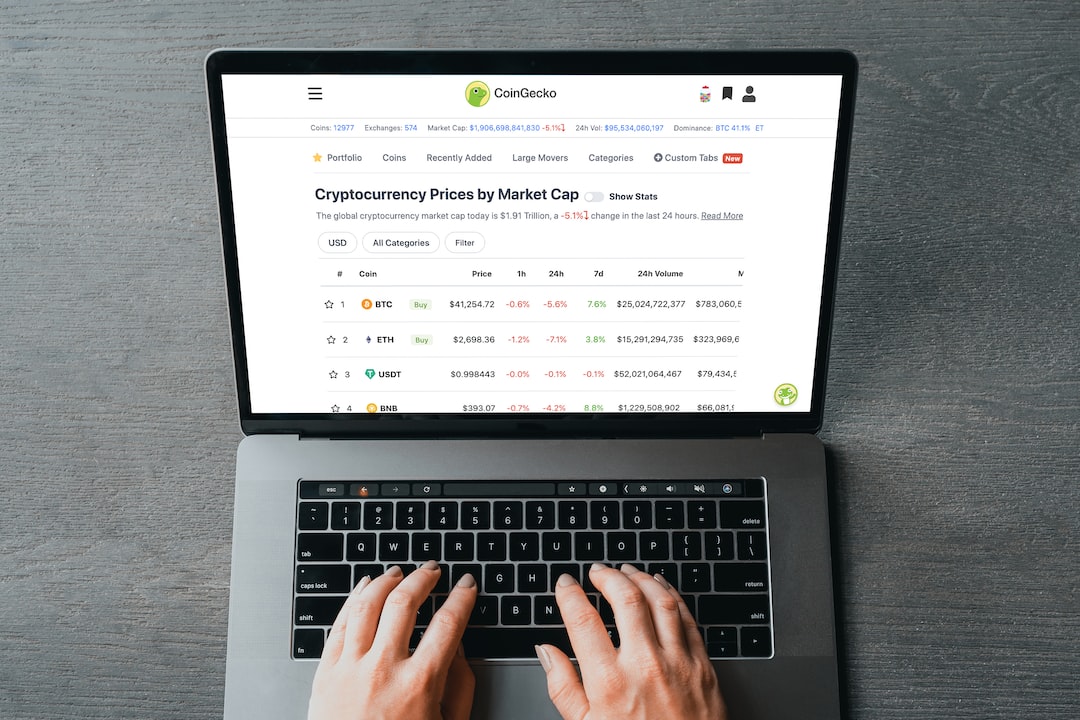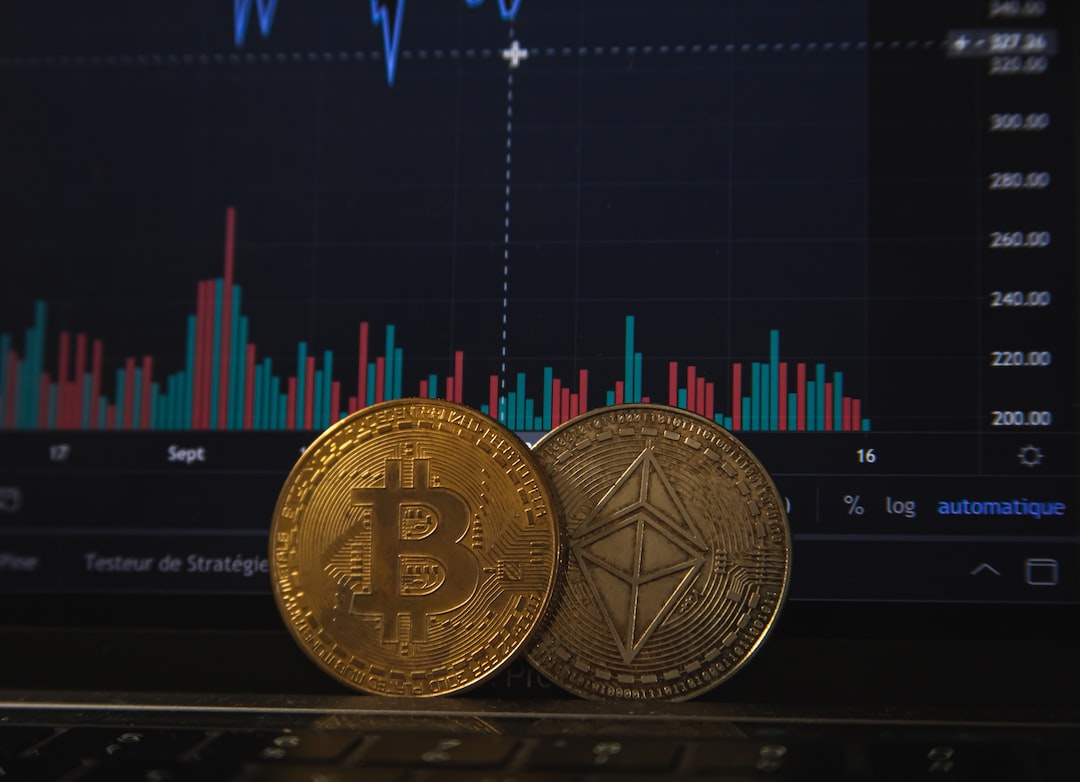The Concentration of Authorized Participants in the U.S. ETF Market
The U.S. ETF market, valued at approximately $8 trillion, relies heavily on just three firms – Bank of America, Goldman Sachs, and JPMorgan. These firms, known as authorized participants (APs), play a crucial role in managing the liquidity and operation of North American ETFs. Despite the rapid growth of the sector, the number of APs has not expanded significantly.
Implications for Bitcoin ETFs in 2024
This concentration of APs could pose risks for Bitcoin ETFs in terms of efficiency, resilience, pricing, and accessibility. As cryptocurrencies are volatile, it is important to scrutinize the ability of these key firms to handle high-volume transactions and ensure liquidity. Moreover, the oligopoly of APs may influence the pricing and availability of Bitcoin ETFs, potentially impacting investor access and returns.
The SEC’s Consideration and Potential Challenges
The Securities and Exchange Commission (SEC) may take this concentration into account when making decisions about Bitcoin ETFs. They may see the need for a more diversified AP landscape to ensure a robust and resilient market for these novel investment products. The SEC has been in discussions with BlackRock and other Bitcoin ETF applicants, with a potential approval expected in January. However, given the concentrated nature of the current ETF market, there may be complexities and challenges ahead for crypto-based ETFs.
Hot Take: The Impact of Concentrated Authorized Participants on Bitcoin ETFs
The concentration of authorized participants in the U.S. ETF market raises concerns about potential risks and limitations for Bitcoin ETFs. With just three firms controlling a significant portion of capital movements, there may be questions about their ability to handle the demands of high-volume transactions in a volatile cryptocurrency market. Additionally, the pricing and accessibility of Bitcoin ETFs could be influenced by this concentration, impacting investor outcomes. As the SEC considers the approval of Bitcoin ETFs, they may prioritize a more diversified landscape of authorized participants to ensure a resilient and robust market for these innovative investment products.





 By
By
 By
By
 By
By

 By
By
 By
By